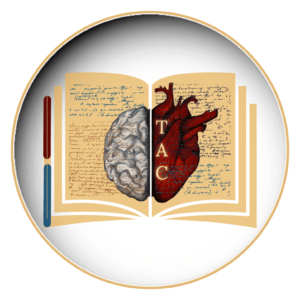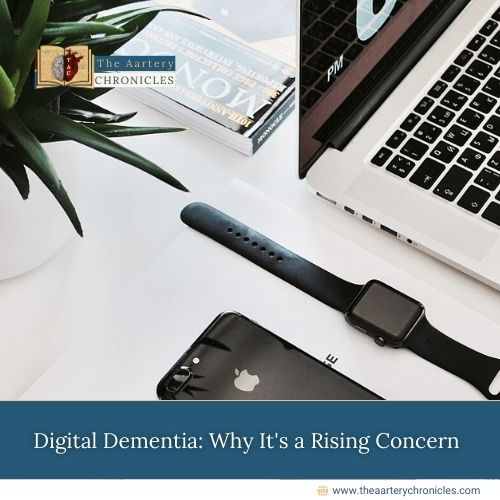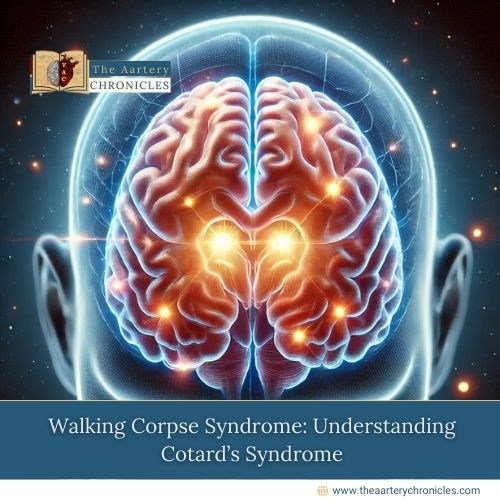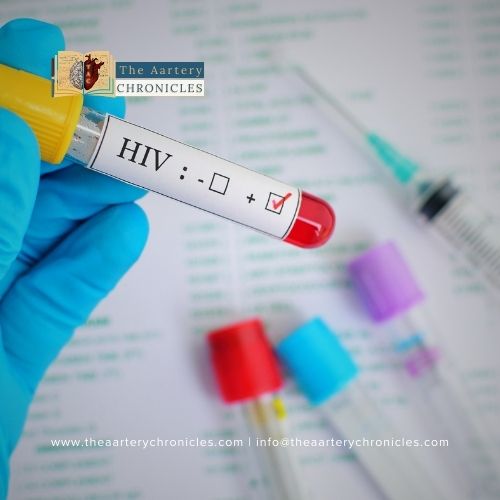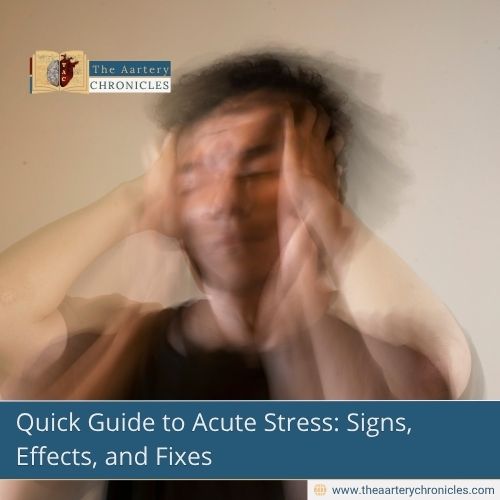
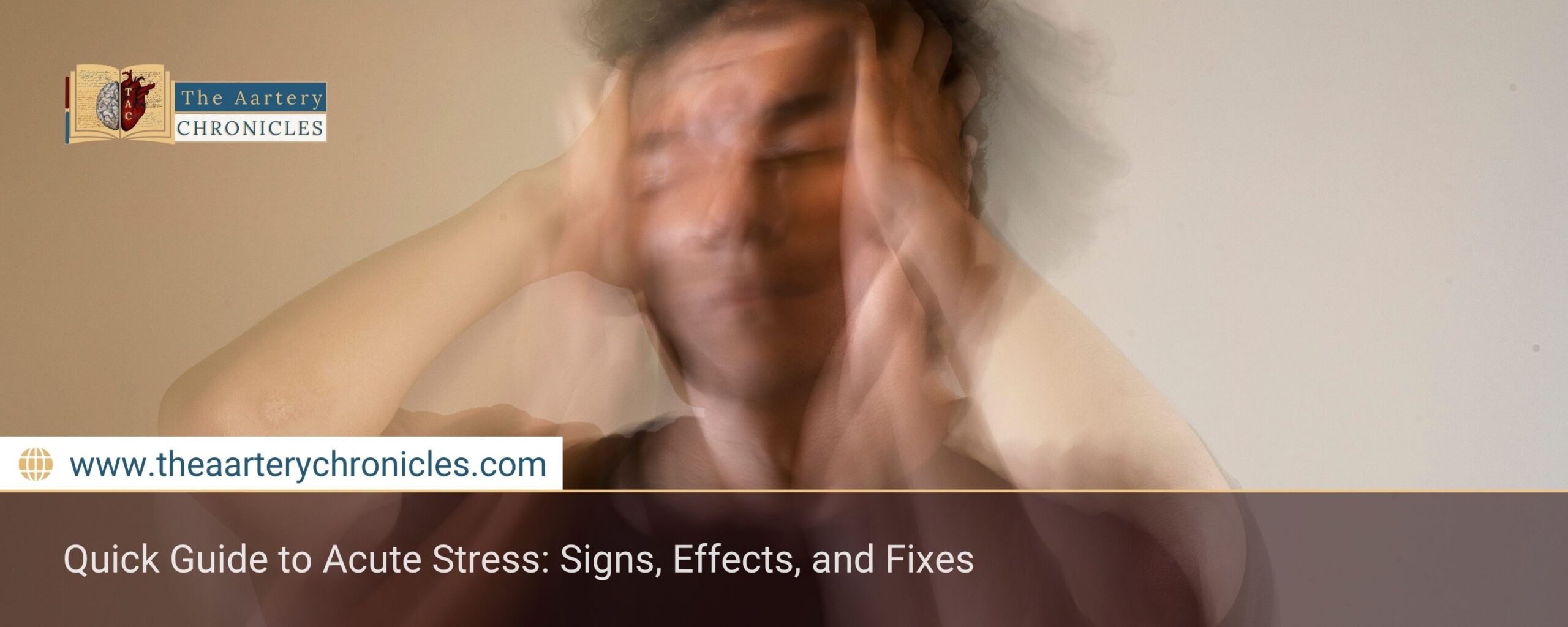
Quick Guide to Acute Stress: Signs, Effects, and Fixes
Summary: It is important to understand how acute stress manifests itself, what its are, and, most importantly, how to manage it effectively. In this article, we’ll explore the mechanisms underlying acute stress, its effects on the body and mind, and how you can intervene to prevent it from damaging your long-term health.
Introduction
Stress is our body’s natural response, designed to protect us and help us cope with difficult situations. But what happens when stress becomes sudden and overwhelming? Acute stress is an intense and temporary reaction that can affect anyone, regardless of age or lifestyle
What Is Acute Stress?
Acute stress is a short-term physiological and psychological response to high-pressure situations such as tight deadlines, unexpected news, emergencies, conflicts etc. Unlike chronic stress, which builds gradually and lingers, acute stress strikes quickly and intensely but typically fades once the triggering situation is resolved.
When there is an episode of acute stress the body rapidly activates the sympathetic nervous system and releases hormones such as cortisol and adrenaline. Although this stress is for adaptivity and protection, repeated exposure to acute stress can lead to disruption in normal physiological balance further contributing to long term effects if not managed appropriately.
How Acute Stress Manifests
When the body perceives a threat, the autonomic nervous system triggers the so-called “fight or flight response. ” This process is characterized by:
- Increased heart rate and blood pressure
- Rapid breathing
- Tense muscles
- Increased levels of cortisol, the stress hormone
According to a study published in Psychoneuroendocrinology (2019), prolonged exposure to acute stress spikes can contribute to cardiac and metabolic problems, but limited exposure is not necessarily harmful and can, in some cases, improve the body’s ability to respond.
Common Causes of Acute stress
The causes of acute stress can be varied and vary from person to person. Some examples include:
- Emergency situations (e.g. accidents, impending deadlines)
- Interpersonal arguments or conflicts
- Sudden life changes, such as a loss or an unexpected medical diagnosis
In all these cases, the body’s reaction serves as a defense mechanism, ready to protect us. However, when this response occurs too frequently or disproportionately to the situation, it can have negative health consequences.
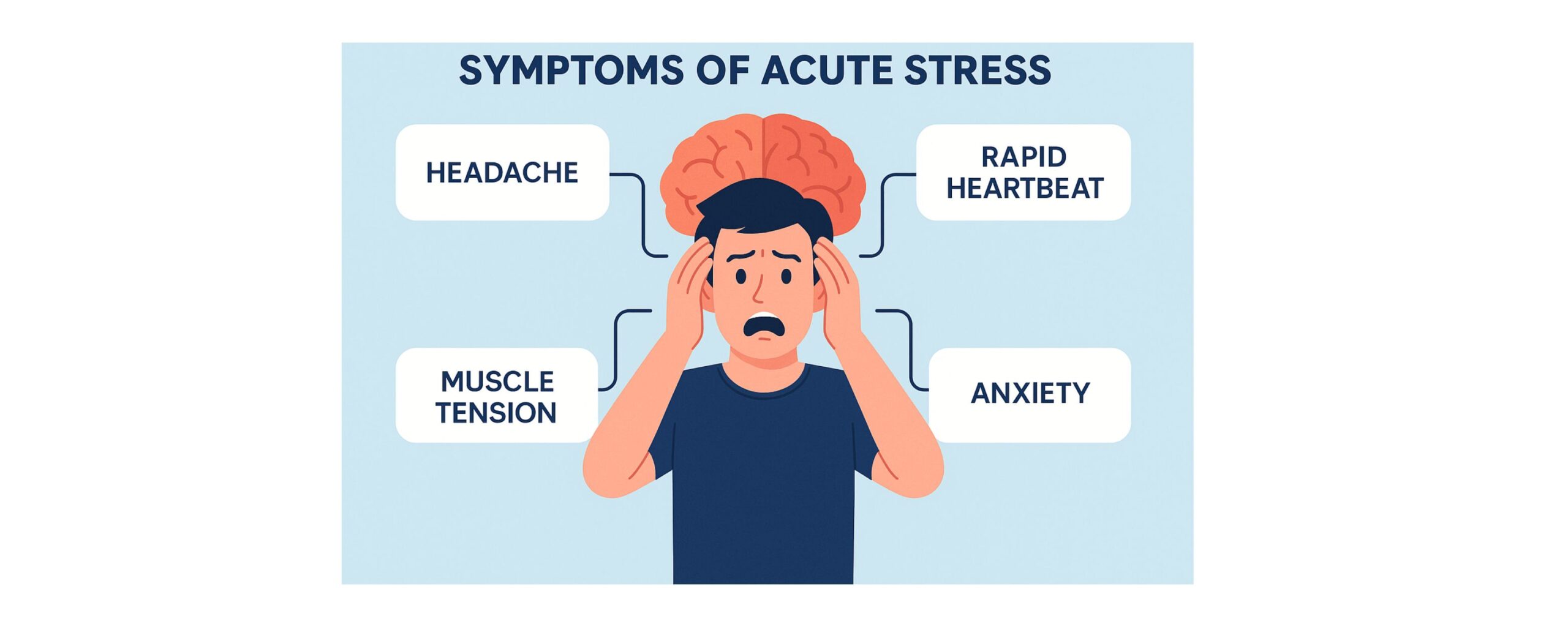
Effects of acute stress on body and mind
Although the effects of acute stress are temporary, they can be physically and psychologically intense.
Physical Effects
Acute stress, even if brief, can trigger significant physical reactions, such as:
- Sudden headaches
- Heart palpitations
- Muscle pain or tension, especially in the neck and shoulders
- Gastrointestinal problems, such as diarrhea or nausea
Studies show that overreacting to acute stress can contribute to the onset of cardiovascular problems, especially in those predisposed to or already suffering from heart conditions.
Psychological Effects
- Sudden anxiety
- Confusion or difficulty concentrating
- Irritability or outbursts of anger
- Feeling “overwhelmed” or out of control
These symptoms, though brief, can impair a person’s ability to make quick, rational decisions. According to the American Psychological Association, effectively managing these moments of acute stress can reduce the risk of developing anxiety disorders or depression.
Strategies For Managing Acute Stress
There are several effective ways to cope with acute stress and minimize its negative effects.
Relaxation Techniques
- Deep breathing: One of the most powerful tools for counteracting the fight-or-flight response is diaphragmatic breathing. Inhaling slowly and deeply, holding your breath for a few seconds, and then exhaling slowly can help calm the nervous system.
- Progressive Muscle Relaxation: This technique involves tensing and then releasing specific muscle groups, starting from the feet up to the head. It helps release the physical tension that often comes with acute stress.
Physical Activity
Exercise, even short-term, can dramatically reduce cortisol levels in the body. Even a simple 10-minute walk can make a difference. According to research published in the Journal of Physical Activity & Health (2020), regular exercise not only reduces stress but also improves resilience to future stressful situations.
Changing Perspective
Reassessing the situation can be an important key to reducing the perception of stress. When you find yourself in an acutely stressful situation, ask yourself: “Will this situation be relevant in a week or a month?” This simple mental exercise can reduce the intensity of your emotional response.
Conclusion
Acute stress, even if short-term, can have a significant impact on physical and mental health. Understanding the mechanisms that triggers it and adopting effective management strategies is crucial to maintaining a healthy balance in daily life. Breathing techniques, muscle relaxation, and exercise are powerful tools you can integrate into your routine to reduce tension and improve your stress response.
If it becomes recurring or seems out of control, it is essential to seek professional support. Stress management is an important part of self-care and can significantly improve your quality of life.
